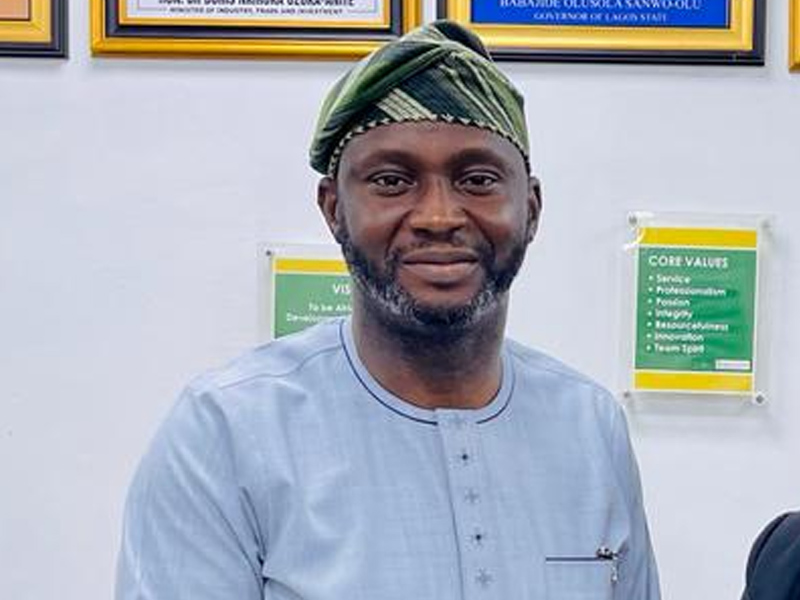Dr. Olasupo Olusi, the Managing Director of the Bank of Industry (BOI), has used data-driven insights to transform Nigeria’s industrial and economic sectors, with a focus on empowering Small and Medium Enterprises (SMEs). Under his leadership, the BOI has become a key player in addressing Nigeria’s economic challenges, particularly in sectors where SMEs contribute significantly.
According to the Nigerian Bureau of Statistics (NBS), SMEs account for about 48% of Nigeria’s GDP and 84% of the total labor force, making them vital to the nation’s economic stability. Recognizing this, Dr. Olusi has implemented data-backed initiatives aimed at maximizing the growth potential of these enterprises.
One of the key highlights of his tenure is the recent N75 billion loan facility that BOI extended to the Nigeria Association of Small-Scale Industrialists (NASSI) to support SME members. The loan structure is designed in tiers, with large-scale industrialists receiving a portion, SMEs benefiting from substantial allocations, and micro-enterprises under the Nano Programme receiving N50 billion to boost local entrepreneurship.
This data-informed allocation reflects the critical role SMEs and micro-enterprises play in driving economic recovery and job creation in Nigeria. Recent data from the NBS shows that SMEs represent 96% of all businesses in Nigeria, highlighting the necessity of such targeted funding programs to strengthen the sector.
Data from the Central Bank of Nigeria (CBN) indicates that access to finance remains one of the biggest hurdles for SMEs, with over 60% of these enterprises citing it as a critical challenge. In response, Dr. Olusi’s leadership has focused on bridging this financing gap by using data analytics to assess the financial needs of different industries and sectors.
This has allowed the BOI to provide tailored financial support that aligns with specific market demands, ensuring that businesses in the most vulnerable sectors receive the help they need to scale operations. By identifying high-potential areas such as agribusiness, manufacturing, and technology, the BOI has been able to allocate resources in ways that generate maximum economic impact.
Dr. Olusi’s approach also includes a keen focus on accountability and ensuring that funds are disbursed in a manner that promotes sustainability. According to BOI’s internal reports, a robust monitoring framework has been put in place to track loan performance and ensure that beneficiaries use the funds for business expansion, productivity improvement, and innovation.
The BOI employs digital tools for real-time tracking and data analytics to monitor loan utilization and repayment trends. This method not only ensures effective fund usage but also enables the bank to make data-driven adjustments to its lending strategies.
In a key demonstration of this approach, BOI’s partnership with NASSI has incorporated a rigorous follow-up system where the beneficiaries’ business growth is tracked against loan performance data. The data shows that businesses that received BOI loans have a 30% higher survival rate compared to those that did not, largely due to the financial and technical support structures BOI has implemented. Dr. Olusi has consistently advocated for the use of data to improve loan disbursement processes and refine future lending programs, ensuring that the impact of these loans is both immediate and long-lasting.
Another notable point is BOI’s contribution to Nigeria’s industrialization goals, especially in promoting sustainability. According to recent research by the Nigerian Economic Summit Group (NESG), about 70% of Nigeria’s industries are still highly carbon-intensive, posing challenges to the nation’s climate goals.
Dr. Olusi, recognizing the importance of green growth, has prioritized funding for projects that promote renewable energy and sustainability. Under his guidance, BOI has facilitated over N10 billion in loans to support clean energy initiatives, including solar-powered SMEs and eco-friendly manufacturing processes. These efforts not only contribute to Nigeria’s energy diversification but also help the country move towards a more sustainable industrial framework.

